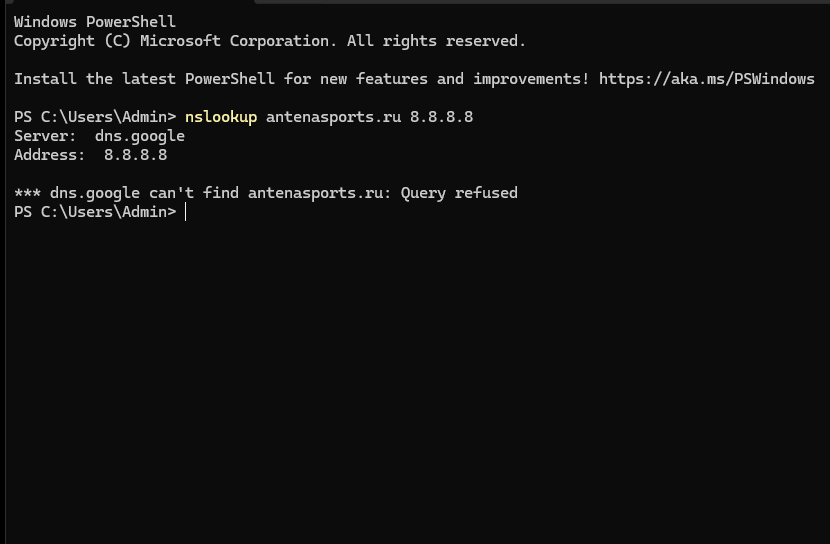Election Special: Macron Chooses the Right

In a shift to the right, French President Emmanuel Macron appointed Michel Barnier as prime minister on September 5th, following a tumultuous period in French politics. This appointment came after the left-wing New Popular Front won a plurality of seats in the National Assembly in the July legislative elections, denying a majority to both Macron's party and the far-right National Rally.
Barnier, a member of the right-wing Republicans party, which secured only 39 seats in the election, emerged as prime minister despite his party’s limited voter support. This unusual outcome is rooted in the unique characteristics of the French political system.
French Parliamentary System
France’s political structure includes both a powerful president and a powerful prime minister, a dynamic not found in most other European countries. While several European nations have both positions, the president typically assumes a ceremonial or non-political role (as in Bulgaria, for example).
Among the president's many powers is the authority to dissolve the National Assembly and appoint the prime minister. Unlike other parliamentary systems where coalition formation is common to secure a majority, a coalition is not required to appoint a prime minister in France. In fact, the president may appoint whomever they choose, subject only to a potential vote of no confidence (motion of censure) by the National Assembly.
Macron's Strategy
Following the July elections, the New Popular Front struggled to unite behind a prime ministerial candidate, a problem attributed to internal divisions and a lack of cohesion. Macron seized upon this disarray, publicly insisting on the need for a prime minister with the backing of a majority in the Assembly, effectively dismissing the possibility of appointing a left-wing candidate, despite the left holding a plurality of seats. Despite the rhetoric about consensus-building, Macron ultimately appointed Michel Barnier as prime minister. Macron's choice implies the existence of an unofficial agreement between himself and Marine Le Pen, leader of the National Rally, since otherwise, this appointment would not likely survive a vote of no confidence.
Alleged Deal with the Far Right
Although no official deal has been confirmed, reports suggest that Macron and Le Pen negotiated Barnier’s appointment, with Le Pen rejecting Macron’s initial preference and insisting on Barnier. While both deny a formal agreement, Le Pen has acknowledged outlining her party's conditions for not immediately censuring the nominee to Macron.
This tacit collaboration raises concerns, particularly considering the National Rally’s anti-immigration and anti-Islam stance. It also contradicts Macron’s previous campaign rhetoric, which heavily relied on positioning himself as a bulwark against the far right. This strategy may prove risky for both leaders.
The National Rally risks alienating its anti-establishment voter base by cooperating with Macron, potentially opening the door for rivals to exploit the situation. Macron, meanwhile, faces backlash from his supporters who viewed him as a liberal alternative to the far right, damaging his credibility.
Who is Michel Barnier?
Michel Barnier, previously known in the UK as the EU's chief Brexit negotiator, has a long history in French and European politics. He served in ministerial roles under multiple French governments and held prominent positions within the European Commission.
However, in recent years, Barnier has adopted increasingly right-wing positions, particularly during his brief presidential bid in 2022. He advocated for a moratorium on all immigration to the EU, blamed immigration for Brexit, and called for a ban on the hijab in public spaces. He also supported traditional right-wing economic policies, such as raising the retirement age and cutting public spending.
A Grim Outlook for France
Barnier’s appointment, seemingly orchestrated with far-right support, signifies a rightward turn in French politics. The new government’s focus on austerity, its tough stance on immigration, and the inclusion of controversial figures like Interior Minister Bruno Retailleau paint a concerning picture.
Retailleau’s defense of colonialism, his disparaging remarks about the rule of law, and the overall shift towards far-right rhetoric and policies suggest a troubling direction for France. Observers do not express optimism about the potential outcomes of this new political landscape, predicting negative consequences for the French people, particularly those targeted by anti-immigration sentiment.




